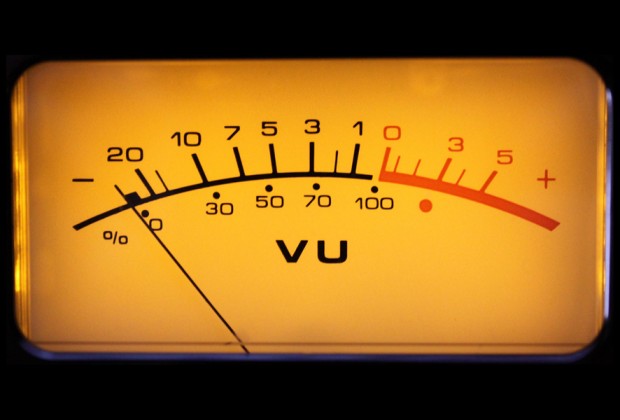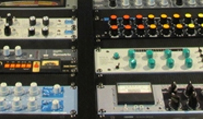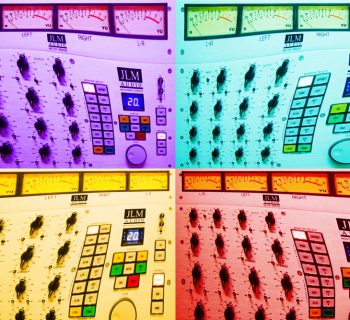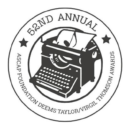Gordon Bahary
Company: Right Touch Mastering (righttouchmastering.com)
Clientele: Stevie Wonder, Ramsey Lewis, Herbie Hancock
Bahary got his start as a producer with Vanguard Records in the ‘70s. It wasn’t long until he found mastering inspiration in mastering stars Howie Weinberg and Greg Calbi. Indeed, Weinberg taught him the value of cheap, thin cable when doing digital transfers. Later, Sam Ash gave him one of the first Pro Tools digital editors (when it was still “Sound Tools”). It had been broken-in on the road and the dents showed. He has continued to build his digital and analog gear stash over the years and recently relocated from New York City to Marin County near San Francisco. Bahary still maintains a space in Manhattan.
What are some of the biggest challenges facing emerging mastering engineers?
The most common problem is over-processing and over-compression. Artists often hear a finished recording in their head. They’re hearing what would typically be a mastered record. They’re trying to do a pre-master too much. It’s important to have a dialog [before submitting tracks to be mastered]. Also, to have great gear, that’s hard to pay for.
What have been your favorite technical developments of the past few years?
Years ago Greg Calbi turned me on to cabling and how it can affect sound. Solid silver cables from Wireworld and other high-end copper cables have a sound and a different response in frequency and timing. They’re expensive, but I can hear the difference instantly. When you have four pieces of analog gear in series, the degradation with copper wire is noticeable. With silver, it’s as clean as the original signal. Also, I’ve discovered how critical it is to have good power cables.
How can artists cut costs?
Not to have to repeat a project. When a client says, “Bring up the bass,” that can sometimes cause problems, which I’ll explain to them. Sometimes they’ll insist, and a week later they’ll come back after listening on different systems. That’s common. It’s important to have a good monitoring system. Play a mix in a few different places before asking for things.
Have you ever had a difficult relationship with a mix engineer?
I haven’t. I respect when a mixer says, “I’ve gotten this pretty close to what I want. Please don’t go over x number of dB.” Sometimes, however, a recording could use more compression than a mixer may realize. There are some purists that don’t want it. But you need it sometimes.
What’s the difference between cutting a vinyl version of a CD and actually mastering tracks specifically for vinyl?
I don’t do vinyl mastering, but I’ve collaborated on it. The resolution of a CD isn’t up to what it could be at 44.1 [Hz sampling rate] so I would take higher-res or an analog two-track master. I prefer two-track tape to go to vinyl rather than digital. The transients are a little smoother.
And vinyl, of course, has all kinds of different constraints in terms of phase, low-end and how much time is on the record in terms of groove widths. It’s an art that I don’t do but I respect it.
Are all engineers able to master for vinyl?
No. There are physical issues with the cutting lathe. It’s a science and an art. I would master something even sonically different for vinyl.
What are the advantages and limitations of doing projects solely online?
I’m trying to set up a higher-quality streaming so that clients can listen while we Skype. It’s nice to see the person and for them to see the gear [during mastering]. Otherwise it’s kind of impersonal. The problem with online is that you can’t have a quick dialog. The back and forth via email can be time-consuming. At the beginning [of an attended session], you can tell what kind of problems you might have. It’s like driving and watching the behavior of other drivers.
By Rob Putnam














